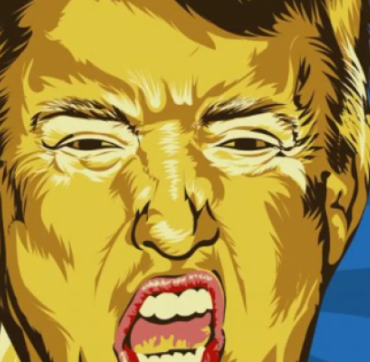Petro Rebuilds Relations with the United States After Washington’s Gesture of Rapprochement
especiales

Colombian President Gustavo Petro Urrego met at the Casa de Nariño with the U.S. Chargé d’Affaires in Colombia, John McNamara, accompanied by Colombia’s ambassador in Washington, Daniel García-Peña. The meeting aimed to ease tensions sparked by former President Trump’s insults toward the Colombian head of state. During the encounter, Petro proposed that the White House support Colombia in an integrated strategy against drug trafficking—focused on investing in comprehensive rural reform, strengthening agricultural production, and reducing incentives tied to the illegal economy.
The meeting, described by both parties as “long, frank, and constructive,” represents the first official rapprochement following the diplomatic impasse triggered by Trump’s aggressiveness and arrogance. The former U.S. president had reacted furiously to Petro’s criticism of his Caribbean anti-drug policy, which the Colombian leader denounced as a “violation of human rights,” and to his threats of military aggression against Venezuela. Petro condemned the killings of civilians at sea under the pretext that they were drug traffickers attempting to smuggle narcotics into the United States, holding Trump responsible for ordering the deaths of at least two Colombian citizens.
Commitment to Drug Policy Reform
During the meeting with McNamara, Petro reaffirmed his government’s commitment to expanding the illicit crop substitution program—one of the cornerstones of his administration. He emphasized the need for the United States to base its cooperation on “real and verified data” regarding coca leaf production. According to Colombia’s Ministry of Defense, the growth of illicit crops has steadily declined since 2021, while cocaine seizures have increased in both volume and efficiency.
Between August 2022 and November 2024, Petro’s government seized 1,764 tons of cocaine, which would have generated approximately 56.03 billion U.S. dollars in revenue for criminal organizations. The president reported that since late 2024, “34 tons have been seized, and not a single death,” reiterating that “this government has achieved the highest volume of seizures—not only in total amount but relative to the growth of coca leaf cultivation.”
Petro reaffirmed that Colombia continues to deliver verifiable results in its anti-drug efforts, despite “methodological errors” acknowledged by the United Nations in previous measurements.
Trade and Agricultural Cooperation
Another central issue discussed was Petro’s proposal to renegotiate agro-industrial tariffs between the two countries. The Colombian president suggested eliminating tariffs on agricultural and agro-industrial products to strengthen legal production and reduce incentives for the illegal economy. According to Petro, the goal is to “strengthen agricultural production, invest in comprehensive rural reform, and secure U.S. markets for products from crop substitution zones.”
Petro also advocated for legalizing cannabis exports, noting that the plant has been removed from the United Nations’ list of dangerous substances. He called on Washington to support drug consumption prevention measures within the United States as part of a “shared responsibility approach.”
Diplomatic Outlook
For his part, Chargé d’Affaires John McNamara expressed the U.S. government’s willingness to maintain open diplomatic channels, stating that “dialogue is essential to overcoming differences.” However, he clarified that tariff decisions fall exclusively under the authority of President Trump, leaving the viability of Petro’s trade proposals open to further discussion.
“The mere fact that this meeting is taking place sends a message about Colombia’s enduring importance on Washington’s agenda,” Petro declared before the encounter, noting that since taking office he has not had direct dialogue with a U.S. ambassador, as the post has yet to be formally confirmed by Congress.
Both Petro and McNamara agreed to hold additional meetings in the coming weeks to continue the process of diplomatic normalization and to outline a roadmap to strengthen anti-drug, economic, and trade cooperation.














Add new comment